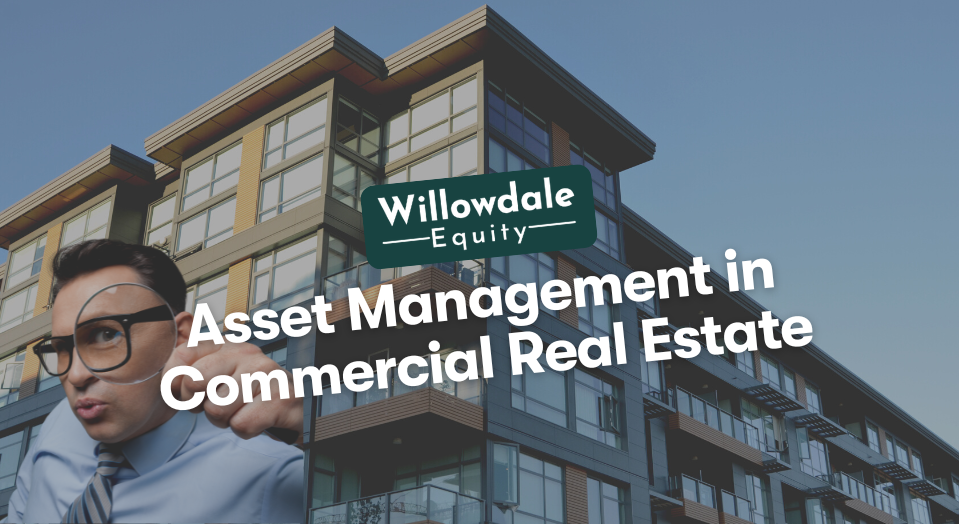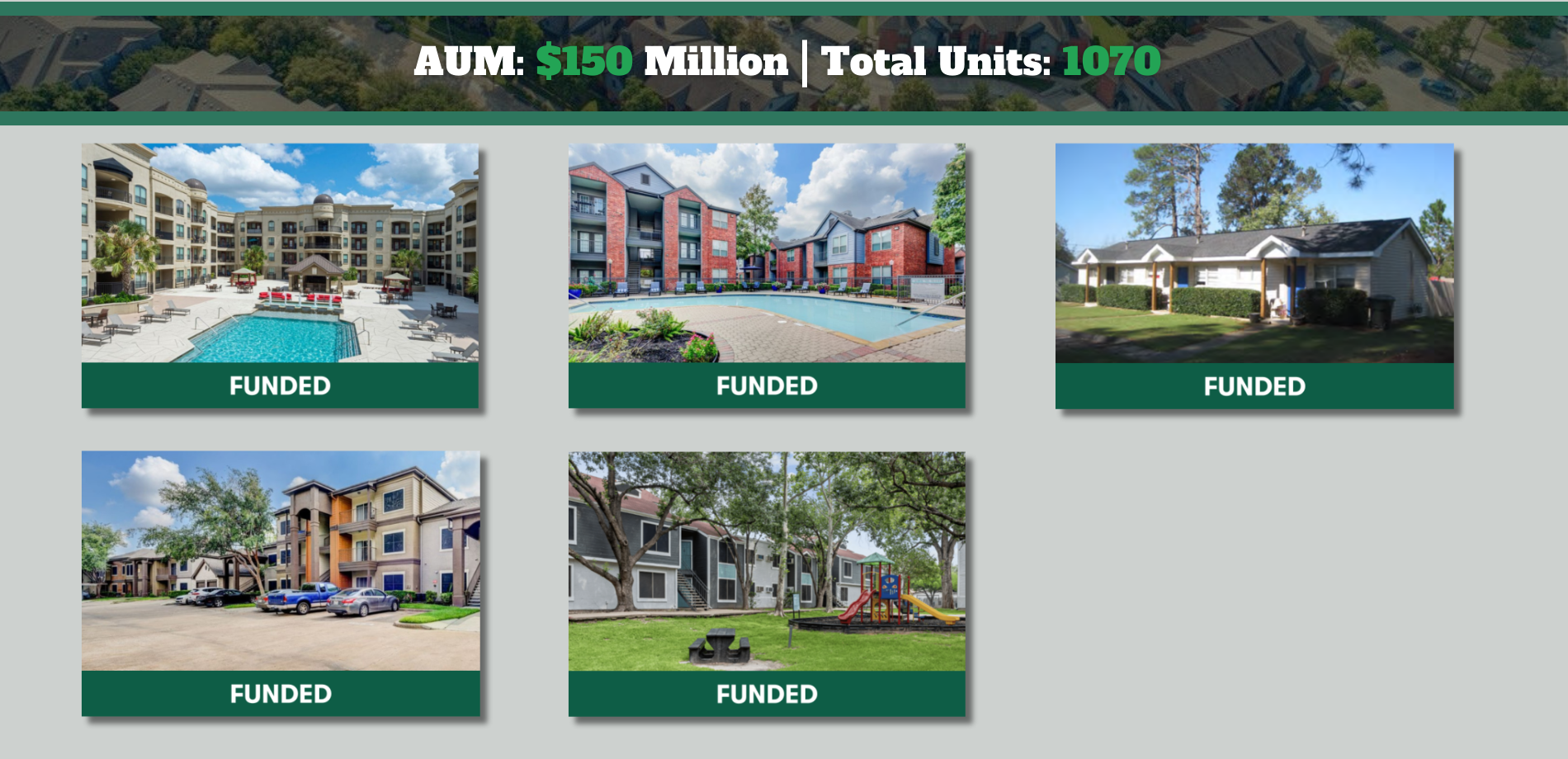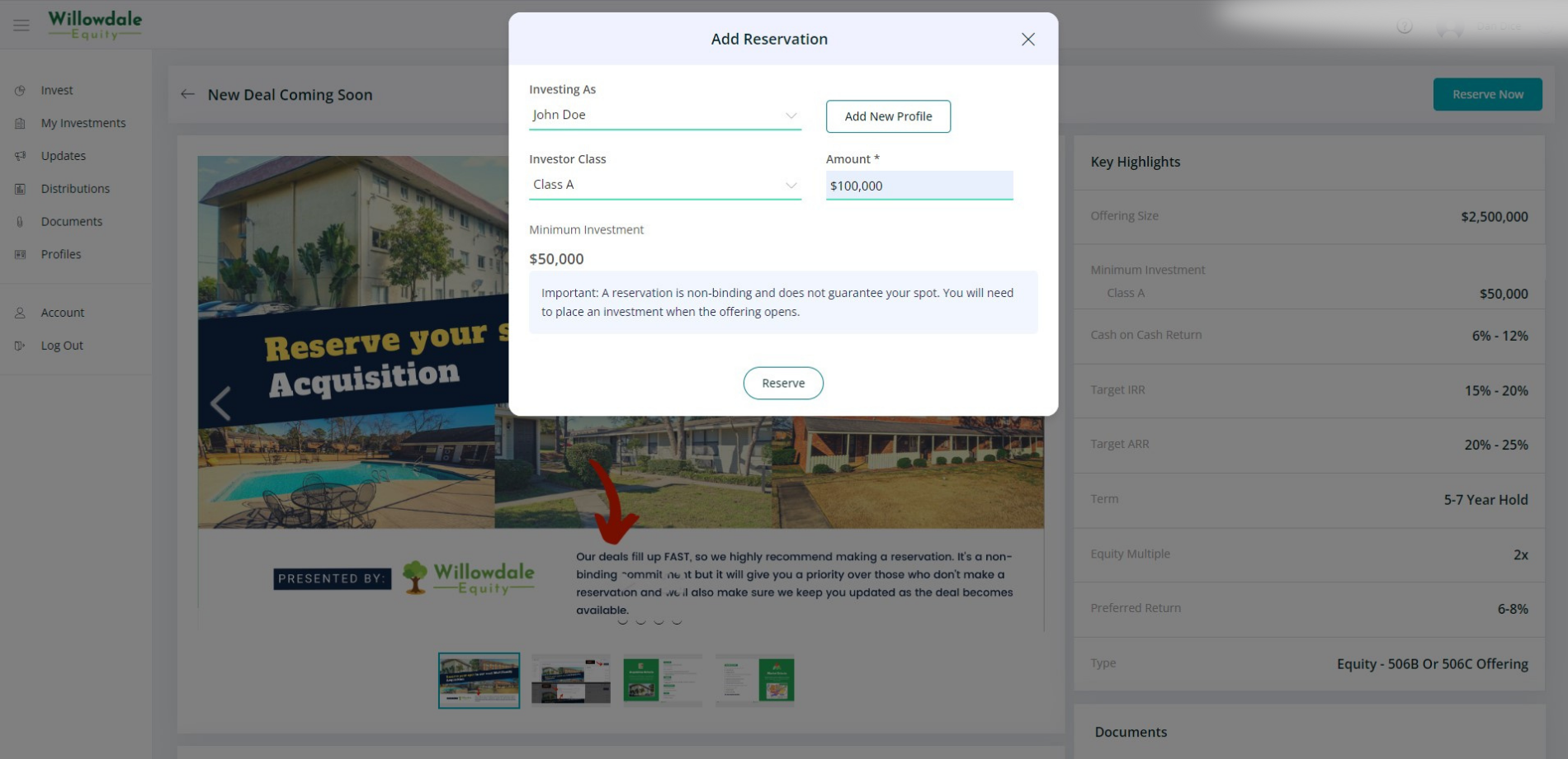
What Does an Asset Manager do in Commercial Real Estate?
This article is part of our guide on property management and asset management, available here.
Real estate asset management is one of the most critical functions to ensure performance in commercial real estate investments. Today, most savvy investors/owners hire asset managers or management companies to operate their assets to ensure steady cash flow and increased returns. However, most first-time or inexperienced investors continue to ponder the question – What does an asset manager do?
In this post, we’ll walk investors through the duties and responsibilities of a commercial real estate asset manager in conjunction with the three core aspects of asset management.
Key Takeaways
-
Most asset managers work in-house for the real estate company that’s acquiring the commercial real estate assets.
-
Commercial real estate properties need an asset manager to ensure that the property manager who manages the day-to-day stays honest with the original business plan or proforma for the deal.
-
It creates a flow where the boots-on-the-ground property manager stays in tune with the numbers, has someone there accountable too, and works consistently towards the project’s goals.
What Does an Asset Manager do in Commercial Real Estate?
An asset manager is a financial professional and investment advisor that sometimes has a bachelor’s degree in finance, business, economics, or other relevant fields. These professionals have a diverse skillset that enables them to make well-timed investment decisions on behalf of commercial property owners or investors. Most asset managers work in-house for the real estate company that’s acquiring the commercial real estate assets.
Below are some of their most common roles:
- Maximizing the value of investment portfolios based on the firm’s financial goals for the asset.
- Staying up-to-date with political, financial, and economic news to mitigate potential risks and ensuring due diligence to maintain the investments.
- Conducting regular financial analysis and producing monthly, quarterly, and annual reports to make more informed decisions.
- Managing leasing agents and overseeing the activities of property managers.
- Handling negotiations in the firm’s best interest and managing every aspect of acquisitions, dispositions, etc.
In the next section, we’ll explore the three core phases of asset management and the role an asset manager plays in each one.
The Three Core Phases of Asset Management

Commercial real estate asset management is a complex process that involves an extensive array of functions. However, most asset management firms break the process down into three core phases:
- The Acquisition
- Day to Day Operations
- The Disposition
Let us dive deeper into each phase:
1.) The Acquisition
Asset managers typically kick-start their operations by providing potential investors and the internal team with proper underwriting and due diligence of the prospective commercial real estate asset. They will also consider the risk profile of their investors to understand better if the said property meets their guidelines.
The primary role of an asset manager in the acquisition phase is the following:
- Analyzing the debt markets and securing financing (Interest rates, terms, leverage, etc.)
- Analyzing the soft costs to perform due diligence (Appraisal, 3rd party inspection reports, travel, legal, etc.)
- Analyzing the local market and its demographics (Crime rates, migration trends, employment diversification, etc.)
- Analyzing the comparable sales and rental comp data
- Analyzing the numbers, building out 10-year cash flow projections ( cap rates, stress testing the deal, highlighting potential exit strategies, etc.)
2.) The Day to Day Operations
The second phase of asset management focuses on the day-to-day operations during the holding period of a commercial property. Here, asset managers oversee daily activities and collaborate with property managers to maintain their property’s financial health. This is where most of their time and value go in a real estate project.
Along with keeping an eye on maintenance, repairs, rent collection, and other activities of property managers, they also report to the owners, providing them updates on their investment portfolio and its overall value.
Other asset management roles involve crafting short-term and long-term cash flow analyses to predict better if the business plan is on track with its pre-acquisition targets.
3.) The Disposition
Finally, the disposition phase of asset management comes in when investors decide to sell their commercial property. During this phase, the asset manager tasked to manage a particular property uses all the external and internal data points to consider everything involved with its potential exit value, what the next buyer will want, and if now is the right time to sell.
For example, the real estate sponsor may have discovered a more lucrative investment opportunity for investors, so it may be best to roll the equity into a better opportunity.
Or, the manager may have noticed a declining trend in the geographic market that is causing the property’s value to dip. This could include factors such as increased crime rates, unemployment, little infrastructure development, etc.
In either case, the asset manager is responsible for crafting the essential paperwork and handling every aspect of the transaction.
What Skills Should a CRE Asset Manager Have?

Individuals or institutional investors looking to hire an asset manager expect these professionals to possess certain qualifications, skills, and capabilities. After all, they will be managing their assets. Hence, choosing the right person for the job is in their best interests.
The following are essential skills to look out for when hiring an asset manager to manage your assets and portfolio:
- Digital literacy and working knowledge of word processing apps, spreadsheets, and real estate management platforms.
- Effective communication
- Accountability
- Analytical thinking
- Project management understanding
- Compliance management
- Financial and legal paperwork crafting, etc.
Why do Commercial Real Estate Properties Need an Asset Manager?
Commercial real estate properties need an asset manager to ensure that the property manager who manages the day-to-day stays honest with the original business plan or proforma for the deal. It creates a flow where the boots-on-the-ground property manager stays in tune with the numbers, has someone there accountable too, and works consistently towards the project’s goals.
Most real estate investors managing a growing portfolio don’t have the time to allocate to this role. This is why they put an asset manager with the appropriate skills to fulfill the role.
Frequently Asked Questions about Multifamily Property Management
A good asset manager possesses a solid blend of accountability, being a strong communicator, and an ability to interpret financial models.
The ultimate role of asset management is to ensure the said asset performs. In real estate asset management, this is done by having the asset manager manage the property manager.
What Does an Asset Manager do in Commercial Real Estate? — Conclusion
Now that you have a better understanding of what asset managers do, you can use this information to better understand the mechanic of how a commercial real estate property is properly managed to ensure it hits its targets.
Join the investors club here at Willowdale Equity to access private value-add multifamily investment opportunities across the southeastern United States.
Sources:
- Investopedia, “Asset Managers in the Real Estate Market: Reading Into the Role“
The Willowdale Equity Investment Club is a private group of investors that are looking to passively grow their capital and share in all the tax benefits through multifamily real estate investments.






